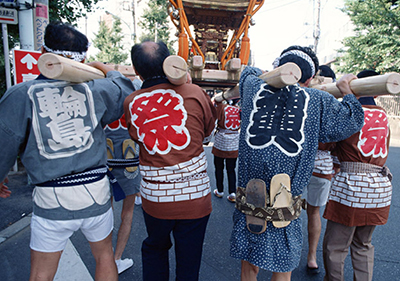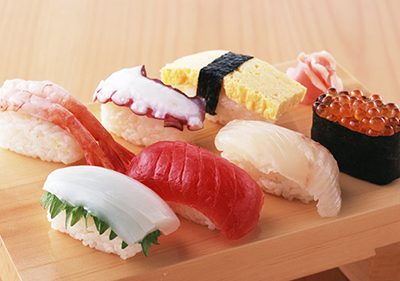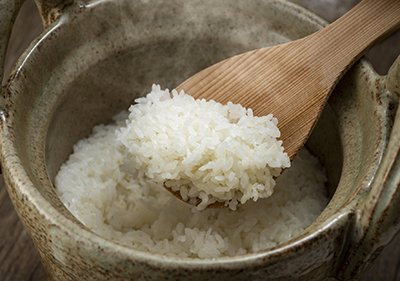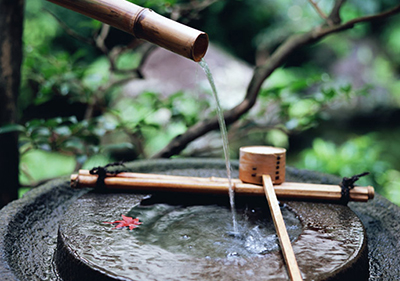Learn about cultural differences from Japan
 There is a possibility that things you do without thinking about them are unique to Japan. Things that are normal in Japan may be considered rude in other countries. Here we will introduce some aspects of Japanese lifestyle and culture that are unique to Japan and not found in other countries. One aspect of Japanese food culture that is not well received overseas is the custom of making noise when eating. In Japan, it is common to slurp and make noise when eating noodles such as soba, udon and ramen.
There is a possibility that things you do without thinking about them are unique to Japan. Things that are normal in Japan may be considered rude in other countries. Here we will introduce some aspects of Japanese lifestyle and culture that are unique to Japan and not found in other countries. One aspect of Japanese food culture that is not well received overseas is the custom of making noise when eating. In Japan, it is common to slurp and make noise when eating noodles such as soba, udon and ramen.
1.Meal
Saying “Itadakimasu” before meals is actually a uniquely Japanese cultural practice. This phrase expresses gratitude to the person who prepared the meal, the person who grew the ingredients, and the ingredients themselves. In Japan, it is considered good manners to hold your eating utensils while eating, but in other countries, it is considered bad manners to hold your eating utensils. Also, eating with your mouth touching your eating utensils is also considered bad manners in other countries.
2.Life
The custom of taking off your shoes at the entrance when entering a house is also a unique aspect of Japanese lifestyle culture. It seems that the idea is that since there is a god in the house, it would be rude to enter with your shoes on. The detailed sorting of rubbish is also a unique aspect of Japanese culture. In Japan, we sort rubbish into burnable and non-burnable, bottles and cans, etc. Overseas, the concept of breaks and holidays is completely different, so there are no shops that are open all year round like in Japan.
3.Language
In Japan, there is a culture of honorific language, and we use three different types of honorific language depending on who we are talking to. Also, in order to convey the feeling that they are listening properly, Japanese people sometimes interject with verbal responses in between what is being said. The word “sumimasen” can be used to express apology, to call out to someone, or to express gratitude, and can be used in both trivial and non-trivial situations. For this reason, in Japan, you will often see or hear the word “sumimasen” being used.




